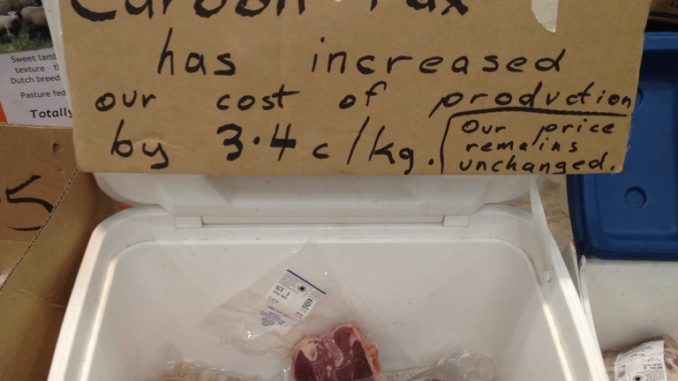
In a world increasingly concerned about climate change and carbon emissions, the race to reduce greenhouse gases has never been more critical.
One of the key players in this endeavor is carbon capture technology, and it’s rapidly reshaping the landscape of industry, fuel, and power production.
This article explores how decarbonization incentives via carbon capture are shaping our future.

The Urgency of Decarbonization
Decarbonization, the process of reducing carbon emissions, is at the forefront of global efforts to combat climate change.
With the detrimental effects of rising temperatures becoming more evident each year, governments, industries, and consumers are embracing decarbonization as a necessary path forward.
Carbon Capture’s Vital Role
Carbon capture technologies, often abbreviated as CCUS (Carbon Capture, Utilization, and Storage), have emerged as a critical tool in the decarbonization toolkit.
CCUS involves capturing carbon dioxide (CO2) emissions from various sources, such as power plants and industrial facilities, and either storing them underground or utilizing them for various purposes.
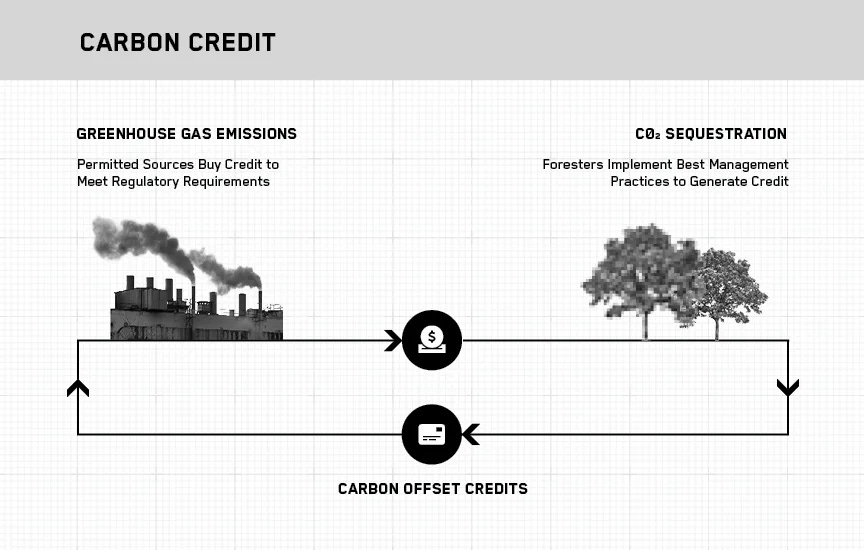
Powering a Low-Carbon Future
One of the primary applications of carbon capture is in power production. By capturing CO2 emissions from fossil fuel power plants, we can significantly reduce the carbon footprint of electricity generation.
This allows us to transition towards low-carbon and renewable energy sources while still utilizing existing infrastructure.
Industry’s Commitment
The industrial sector is also recognizing the importance of carbon capture. Companies across industries are investing in CCUS technologies to not only reduce emissions but also meet regulatory requirements and demonstrate their commitment to sustainability.
The bottom-up estimates of deep decarbonization in industries are promising, indicating a substantial reduction in CO2 emissions is achievable with these technologies.
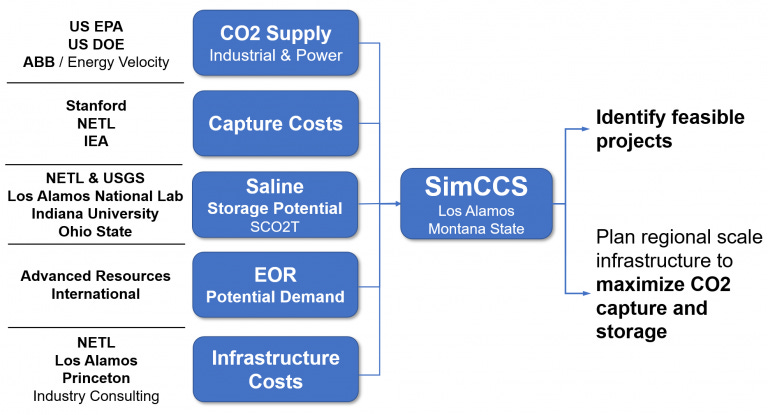
The Road to Net-Zero
Scaling the CCUS industry is a key component of achieving net-zero emissions. As highlighted in McKinsey’s report on scaling the CCUS industry to achieve net-zero emissions, the widespread adoption of carbon capture technologies is essential for reaching ambitious climate goals.
Government Support
Governments are playing a pivotal role in shaping the future of carbon capture. They are implementing incentives, regulations, and policies that encourage the adoption of CCUS technologies.
These measures range from tax incentives for carbon capture projects to setting emissions reduction targets.
The Future is Low-Carbon
As industry, fuel, and power production sectors embrace decarbonization incentives through carbon capture, we are witnessing a transformative shift towards a low-carbon future.
This transition not only benefits the environment but also presents opportunities for innovation, job creation, and sustainable economic growth.
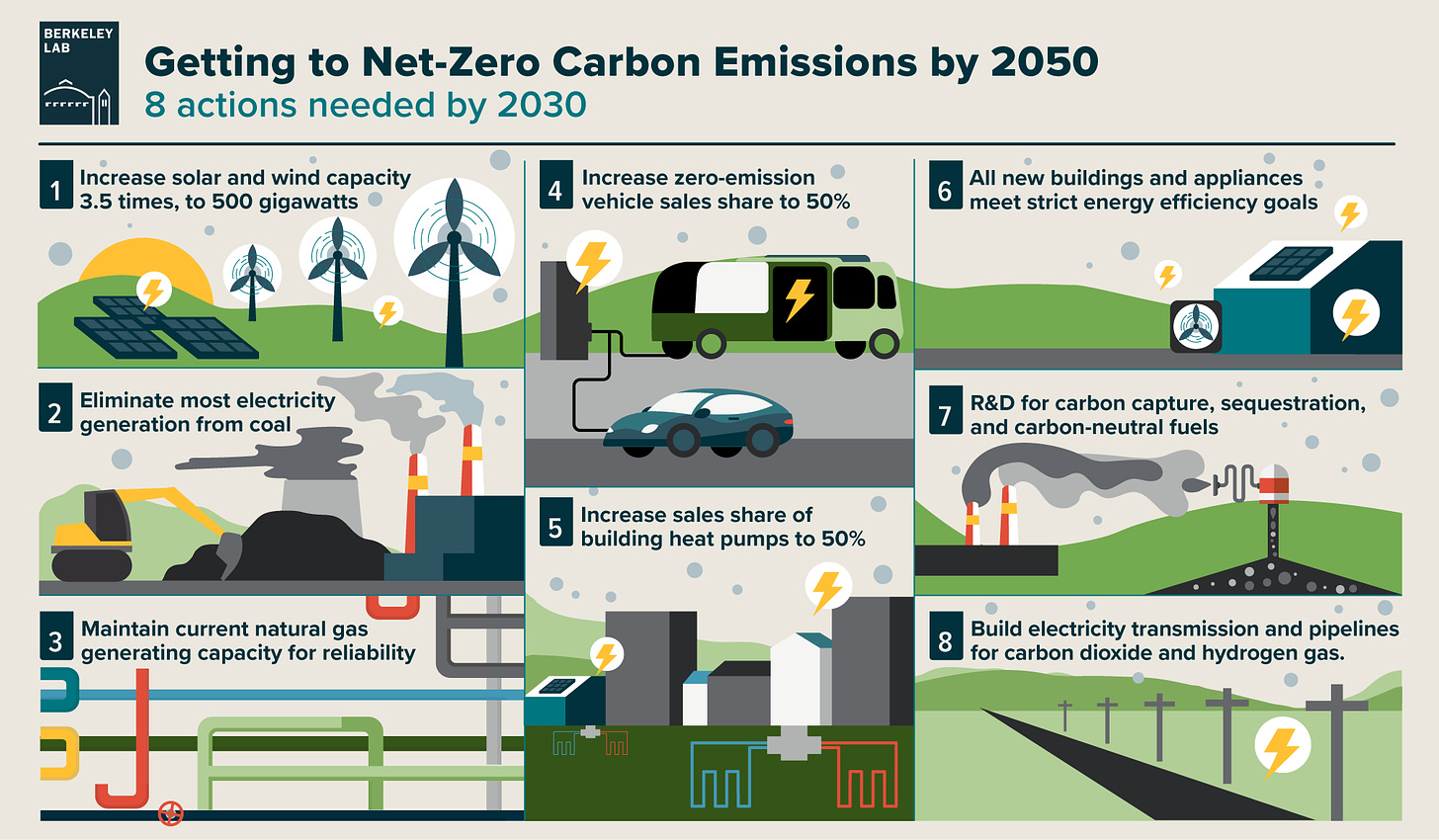
ExxonMobil: ExxonMobil has committed to decarbonization by investing in technologies to reduce emissions in its operations. They are also working on advanced biofuels and carbon capture projects to mitigate their carbon footprint.
PwC (PricewaterhouseCoopers): PwC assists companies in navigating climate- and carbon-related tax matters. Their “Green Taxes and Incentives Tracker” provides information on tax incentives and regulations related to decarbonization, helping companies understand and leverage these incentives.
BlackRock and Temasek: BlackRock and Temasek have joined forces to establish “Decarbonization Partners,” a partnership focused on investing in solutions that advance decarbonization. They are actively channeling financial resources into projects and technologies that reduce carbon emissions.
Moller – Maersk: Maersk, one of the world’s largest shipping companies, is committed to decarbonizing its fleet. They are investing in cleaner, more energy-efficient vessels and exploring alternative fuels like green hydrogen and ammonia to reduce emissions from their shipping operations.
Bain & Company: Bain & Company, a global management consulting firm, conducts annual surveys to understand the energy transition landscape. Their “State of the Transition 2023” report highlights that executives are increasing investments in low-carbon businesses, demonstrating their commitment to decarbonization efforts.
In conclusion, decarbonization incentives via carbon capture are paving the way for a more sustainable future.
From reducing emissions in power generation and industry to governmental support and scaling the CCUS industry, carbon capture technologies are driving change at a global scale.
As we move forward, the synergy between decarbonization and carbon capture will be instrumental in shaping the industries, fuels, and power production methods of tomorrow.
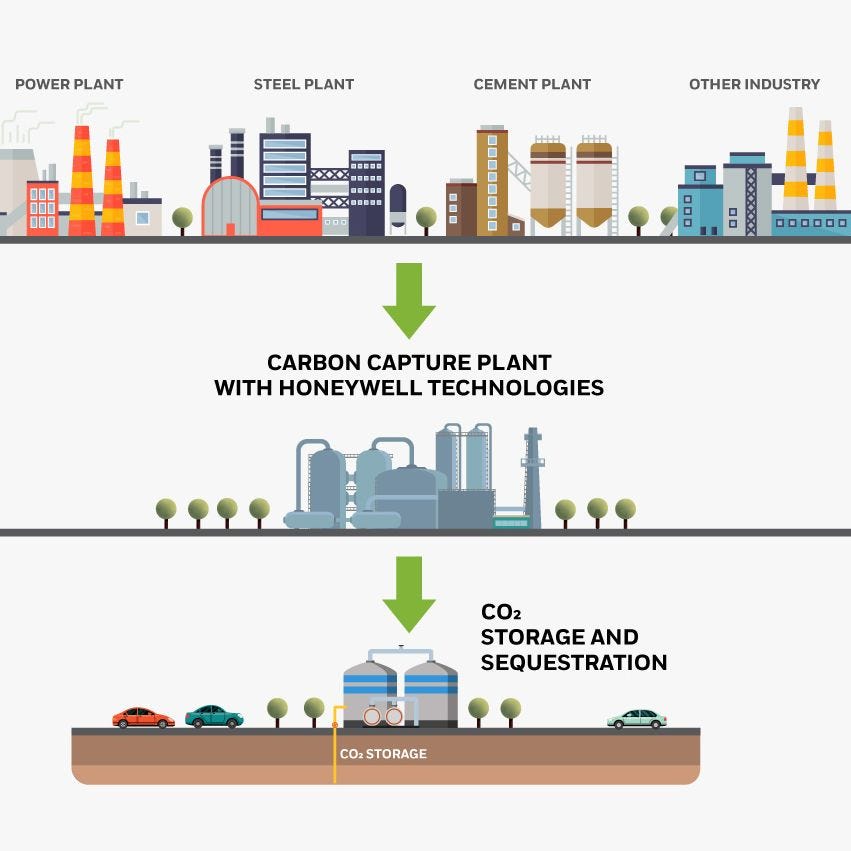
The Crude Life has been a trusted voice in energy news and information since 2012.
Support those Living The Crude Life! Our authentic message connects with Energy’s Consumer and is rooted deep in Energy Ethics, Digital Diversity and Industry Innovations!
All Energy Has A Purpose And We Are All Energy!

